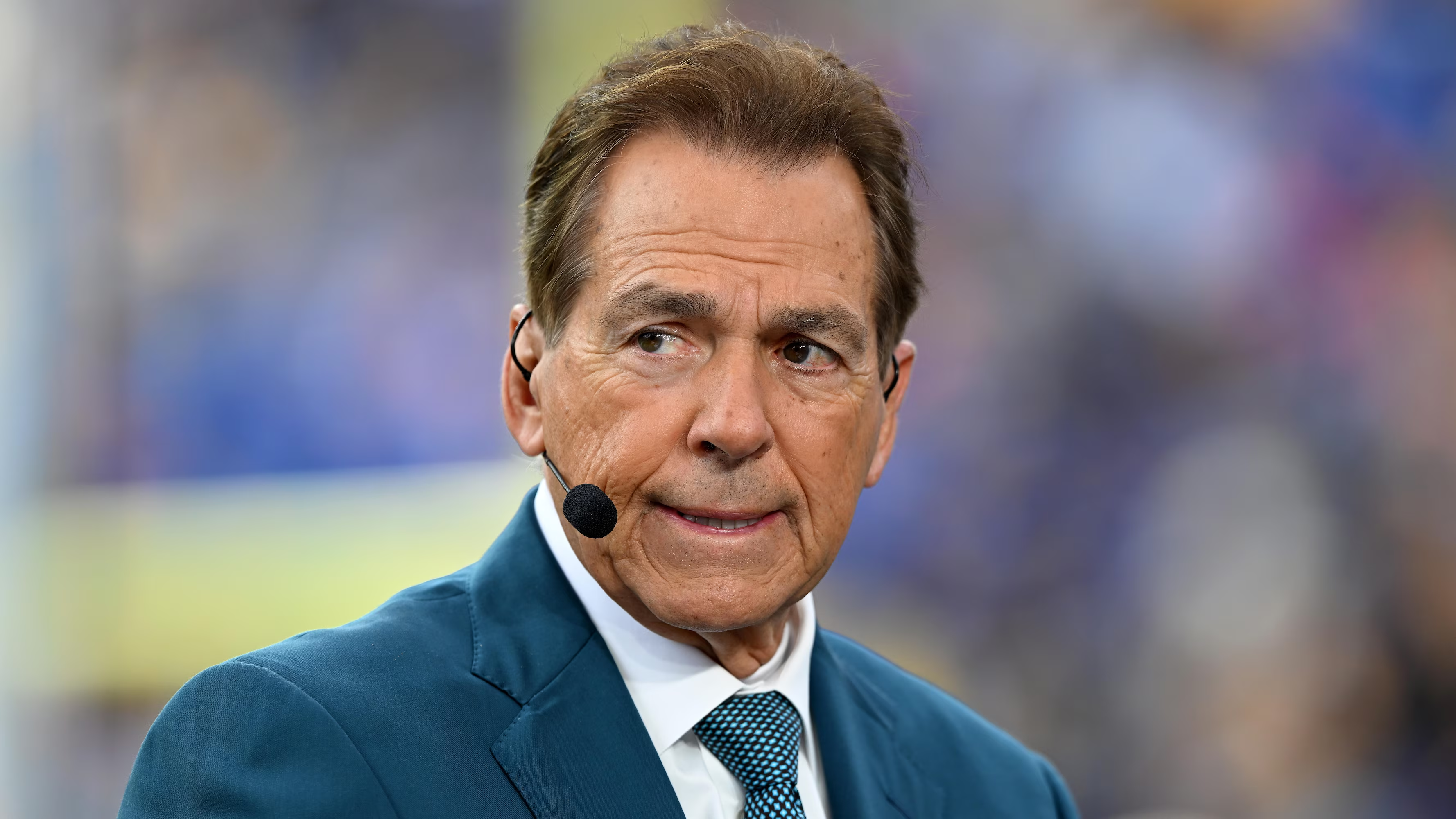Kyle Clark: The 100 Most Influential Climate Leaders of 2025

Imagine the skies without jet fuel and combustion engines—quieter, cheaper, little-to-no emissions, and flexibility to land right in the middle of a city. This is Kyle Clark’s vision as founder and CEO of Vermont-based aerospace company Beta Technologies. He asked the question: If electric vehicles can run on the road, why not in the air?
Designed to beat traffic and reduce congestion with the vertical take off and landing of a helicopter, in June Clark became the first to land an electric plane at John F. Kennedy International Airport. His Beta aircraft carried passengers around 70 miles in about 45 minutes from East Hampton, with a fuel cost of just $8 in electricity compared to $160 in gas for a helicopter.
The test flight was possible after the Federal Aviation Administration (FAA) teed up the industry in October 2024 by allowing training and certification for pilots flying in this new aircraft category with a “powered-lift” hybrid design that doesn’t require a traditional runway.
Beta’s electric plane can cut carbon emissions by up to 84% compared to a fossil-fueled helicopter. And with the electric planes already in use for flight training and cargo, this year the company was the first to fly an electric plane at the Paris Air Show and complete a European air tour. The company has also built out a new network of charging stations at 46 locations in 22 states.
While electric air travel flight time and range continues to be limited by battery technology, Beta has moved the needle with enough battery to fly on a single charge up to 336 nautical miles, which is sufficient for a flight between New York city and Charleston, South Carolina. Now, with the electric aerospace industry ready for takeoff, in late September, following another FAA move to allow pilot passenger flights to accelerate their testing and deployment, Beta filed for an initial public offering. Clark hopes to gain certification by 2027.





